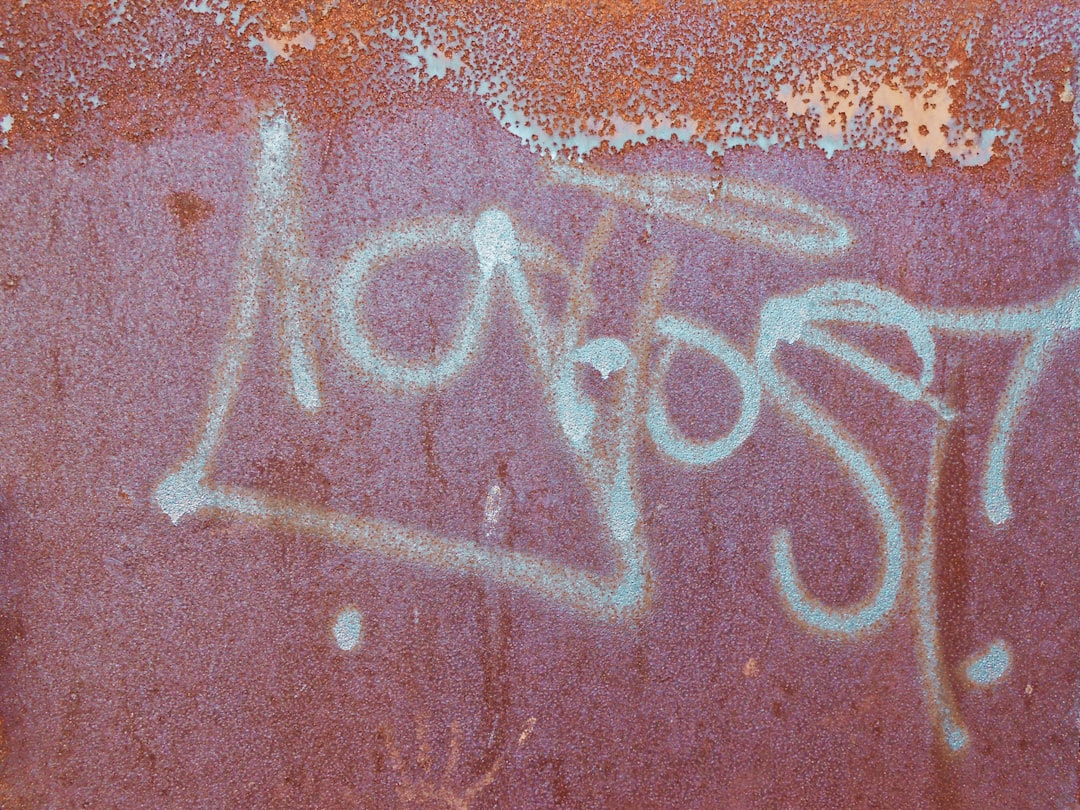St. Louis hospitals enforce strict evidence collection protocols for sexual assault cases, relying on specialized staff and rapid response teams to handle sensitive physical evidence like DNA samples, medical records, and witness statements. Sexual assault lawyers and attorneys in St. Louis, MO, are vital navigators of these procedures, ensuring compliance with regulations, maintaining evidence integrity, and developing strategies for efficient collection and documentation. Their expertise facilitates swift justice by supporting survivors through the critical process of evidence handling while preserving their rights.
In the wake of sexual assaults in St. Louis hospitals, understanding evidence collection best practices is paramount. This guide delves into the crucial protocols and legal considerations for healthcare institutions, emphasizing the vital role of both medical professionals and specialized sexual assault lawyers in Missouri. From initial collection to ethical handling post-assault, discover how a well-structured approach can ensure justice and support for survivors. Engaging with topics like patient rights, documentation, and evidence preservation, this article benefits sexual assault attorneys and advocates alike in St. Louis MO.
Understanding Evidence Collection Protocols in St. Louis Hospitals
In St. Louis hospitals, evidence collection protocols are meticulously designed to ensure accurate and reliable documentation during medical emergencies, especially in cases involving sexual assault. These protocols guide healthcare professionals on the proper handling, preservation, and storage of physical evidence, playing a pivotal role in legal proceedings for sexual assault lawyers and attorneys based in St. Louis, MO. Understanding these protocols is crucial for both medical staff and legal professionals to navigate complex legal landscapes effectively.
Hospitals have established guidelines that detail the steps for collecting and documenting evidence, such as DNA samples, medical records, photographs, and witness statements. These measures are implemented to maintain the integrity of the evidence and ensure its admissibility in court. For sexual assault cases, where timely and proper collection can significantly impact outcomes, St. Louis hospitals emphasize rapid response teams and specialized training for staff. This ensures that evidence is handled with sensitivity and expertise, benefiting both victims seeking justice and their legal representatives from sexual assault law firms in St. Louis, MO.
The Role of Legal Professionals in Ensuring Proper Collection and Documentation
In the complex landscape of healthcare and legal proceedings, especially in cases involving sensitive matters like sexual assault, the role of legal professionals becomes pivotal. Legal experts, particularly sexual assault lawyers in St. Louis, MO, play a crucial part in guiding hospitals to adhere to stringent evidence collection and documentation best practices. These attorneys ensure that every step taken during the collection process is legally sound, maintaining the integrity of potential evidence while adhering to state and federal regulations.
With their deep understanding of legal protocols, sexual assault attorneys in St. Louis MO, collaborate with hospital staff to develop comprehensive strategies. This includes proper handling of physical evidence, witness interviews, and documentation to safeguard against any potential legal challenges. Their expertise enables hospitals to create robust systems that capture detailed records, preserving the rights of all parties involved while facilitating swift justice in cases of sexual assault.
Best Practices for Effective and Ethical Evidence Handling Post-Assault
In the aftermath of a sexual assault, proper handling of evidence is paramount to ensure justice and support for survivors. Best practices involve swift action to preserve evidence, such as collecting and documenting physical evidence from the scene or victim, including any viable biological samples. This process should be conducted with utmost care, maintaining a sterile environment and following strict protocols to avoid contamination or mishandling.
Ethical considerations are equally vital. Healthcare professionals and law enforcement must treat survivors with dignity and respect throughout the evidence collection process. Confidentiality and consent are key; survivors should be fully informed about what evidence is being collected, how it will be used, and their rights. Engaging sensitive and potentially traumatic experiences requires a supportive environment, with trained personnel equipped to handle both the physical and emotional aspects of this critical step in the pursuit of justice for sexual assault victims, as supported by reputable sexual assault lawyers St. Louis MO and law firms.






